Summaries of books about Mathematics:
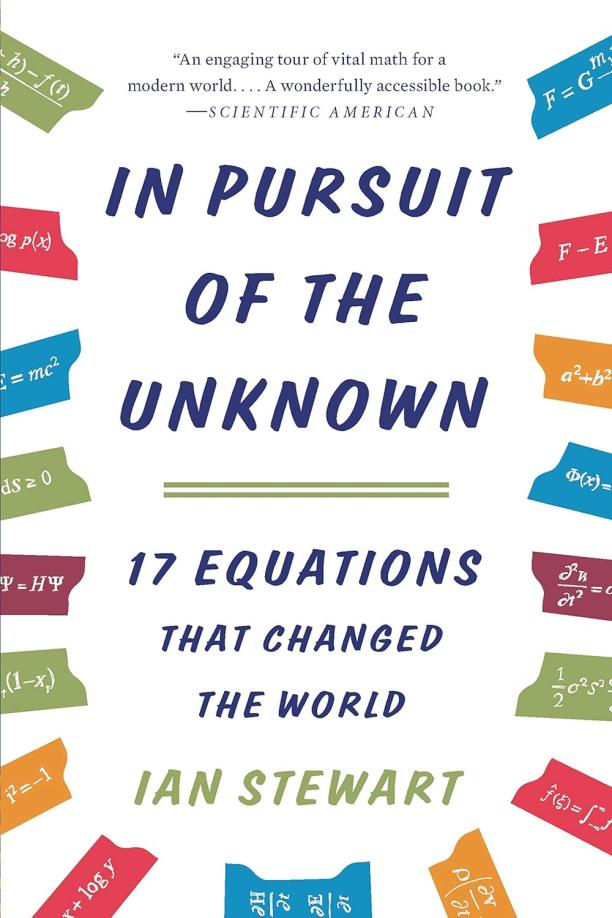
In Pursuit of the Unknown
17 Equations That Changed the World
Ian Stewart
The book delves into seventeen critical equations from the fields of mathematics, physics, and economics, explaining their development, significance, and the profound impact they have had on the world. It offers accessible insights into complex concepts that have shaped scientific thought and practical applications, from Newton's law of gravity to the Black-Scholes equation in finance.
See full summary

Basic Math & Pre-Algebra For Dummies
Mark Zegarelli
The book serves as an introductory guide to fundamental mathematical concepts, covering topics such as arithmetic, fractions, decimals, and the basics of algebra. It provides clear explanations, practical examples, and exercises designed to help readers build a strong foundation in math and prepare for more advanced studies.
See full summary
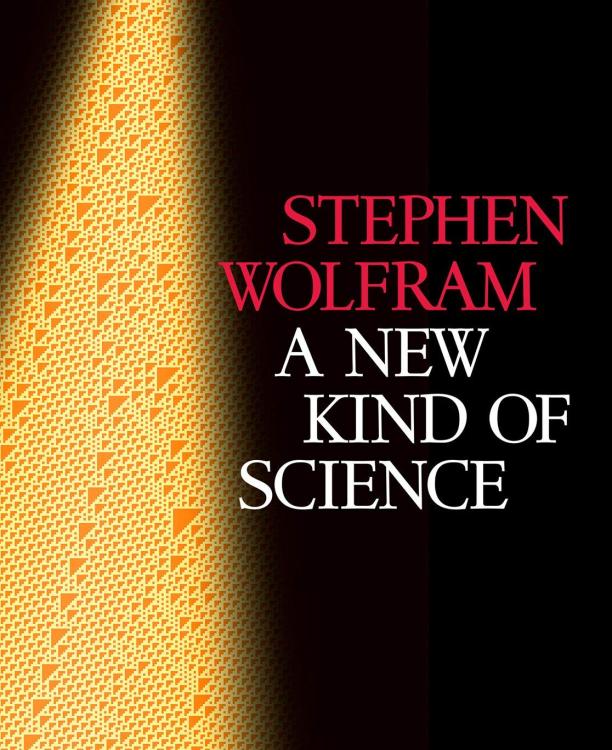
A New Kind of Science
Stephen Wolfram
The book presents a thesis that complex systems and processes, including those in nature, can be modeled by simple computational programs known as cellular automata. It argues that the universe itself can be understood as operating like a vast, computational machine, challenging traditional mathematical and scientific approaches.
See full summary
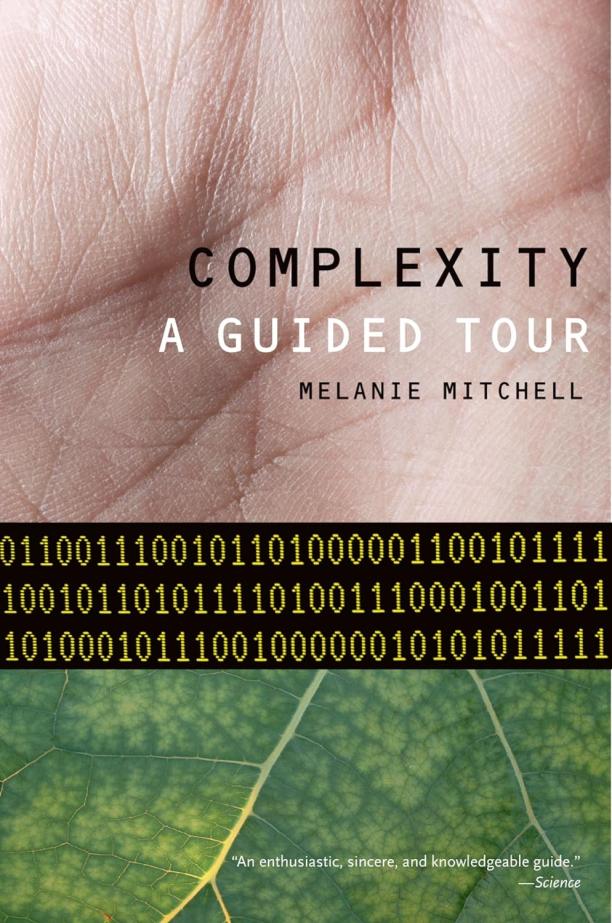
Complexity
A Guided Tour
Melanie Mitchell
The book explores the interdisciplinary field of complexity science, examining the nature of complex systems across diverse domains such as biology, computer science, and physics. It delves into topics like genetic algorithms, cellular automata, the evolution of intelligence, and the dynamics of networks to illustrate how complexity arises and can be understood.
See full summary
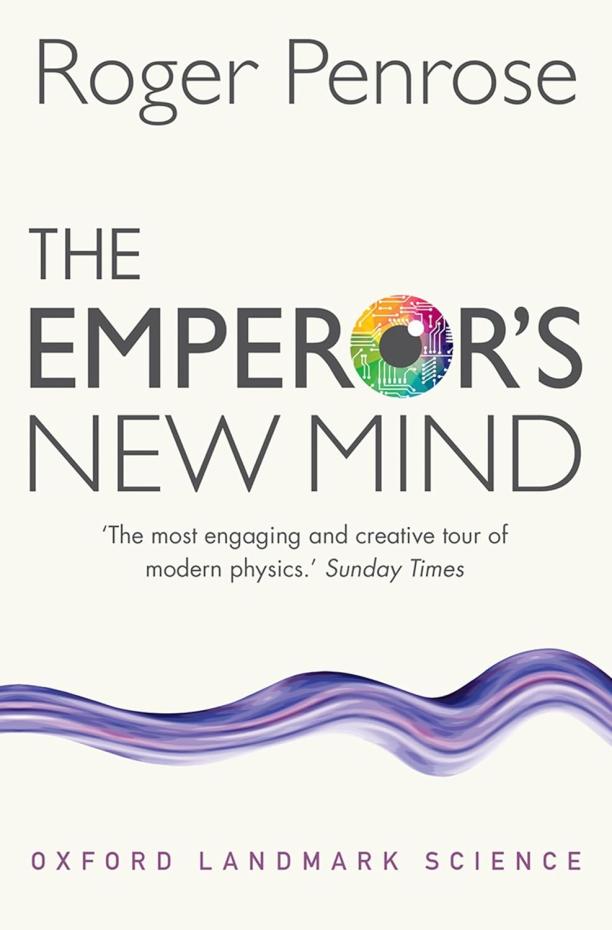
The Emperor's New Mind
Concerning Computers, Minds, and the Laws of Physics
Roger Penrose
The book explores the limitations of computational theories of mind, arguing that human consciousness cannot be replicated by machines due to the non-algorithmic nature of human thought processes. It delves into the realms of quantum mechanics, cosmology, mathematics, and philosophy to support the argument that understanding physical processes alone is insufficient to explain consciousness.
See full summary
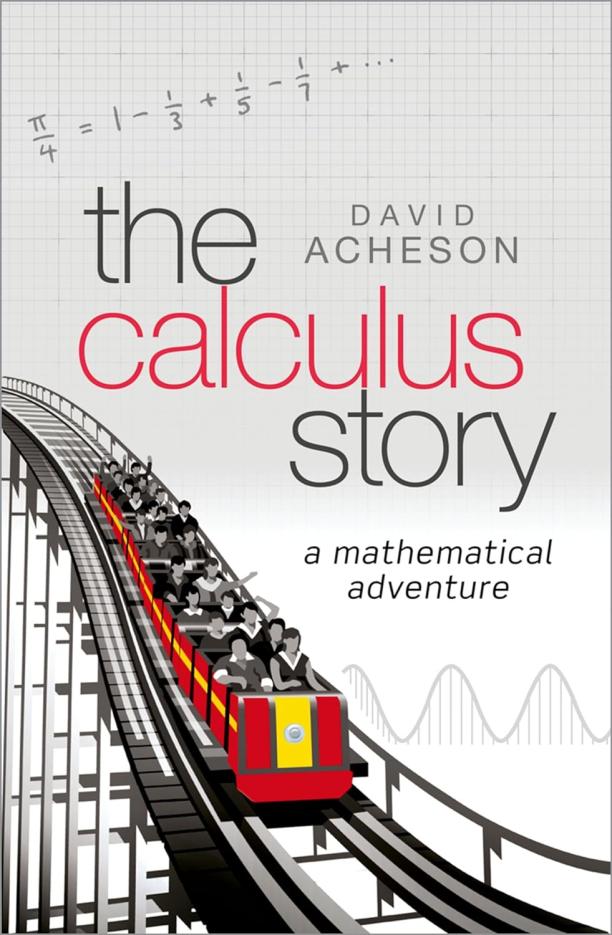
The Calculus Story
A Mathematical Adventure
David Acheson
The book provides an engaging overview of calculus, tracing its historical development and illustrating its profound impact on science and technology. It simplifies complex concepts into accessible explanations, demonstrating calculus's relevance through real-world applications and anecdotes.
See full summary
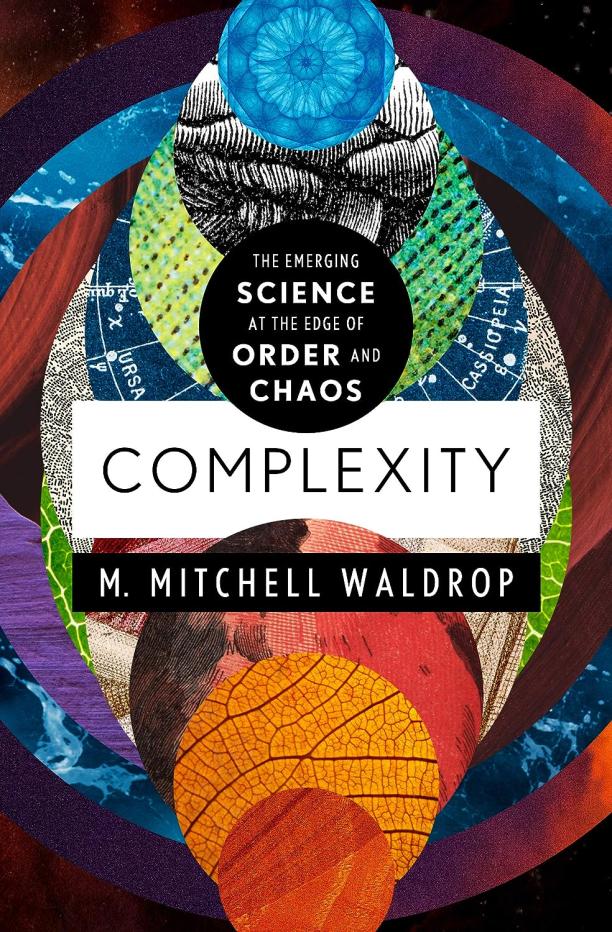
Complexity
The Emerging Science at the Edge of Order and Chaos
M. Mitchell Waldrop
The book explores the burgeoning field of complexity science, examining how systems, from ant colonies to human economies, organize themselves on the brink between chaos and order. It delves into the interdisciplinary research efforts at the Santa Fe Institute, where scientists from various fields study patterns, emergent behaviors, and self-organization in complex adaptive systems.
See full summary

When Einstein Walked with Gödel
Excursions to the Edge of Thought
Jim Holt
The book is a collection of essays exploring various topics in philosophy, mathematics, and science, including discussions on infinity, the nature of genius, and the interplay between physics and mathematics. It delves into the lives and ideas of prominent thinkers like Einstein and Gödel, examining profound questions and paradoxes that have shaped modern thought.
See full summary

The Great Mental Models Volume 3
Systems and Mathematics
Rhiannon Beaubien|Rosie Leizrowice
The book explores the fundamental concepts of systems theory and mathematical thinking, providing readers with tools to better understand and navigate complex systems and problems. It covers a range of models and principles that can be applied across various disciplines to improve decision-making and critical analysis.
See full summary
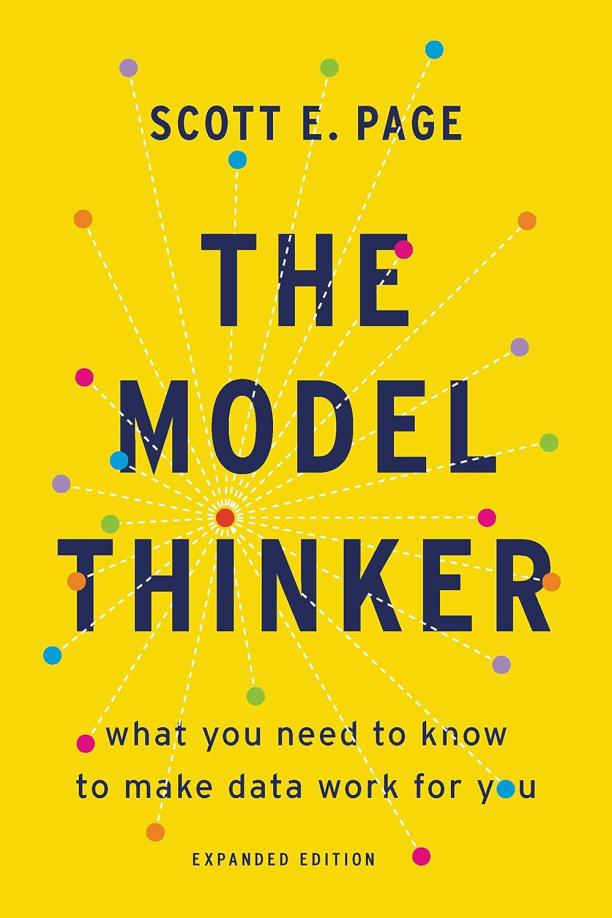
The Model Thinker
What You Need to Know to Make Data Work for You
Scott E. Page
The book provides a comprehensive overview of various models from different disciplines, offering insights into how to apply these models to understand complex systems and make informed decisions. It emphasizes the importance of a diverse toolkit of models to analyze data effectively and address real-world problems.
See full summary